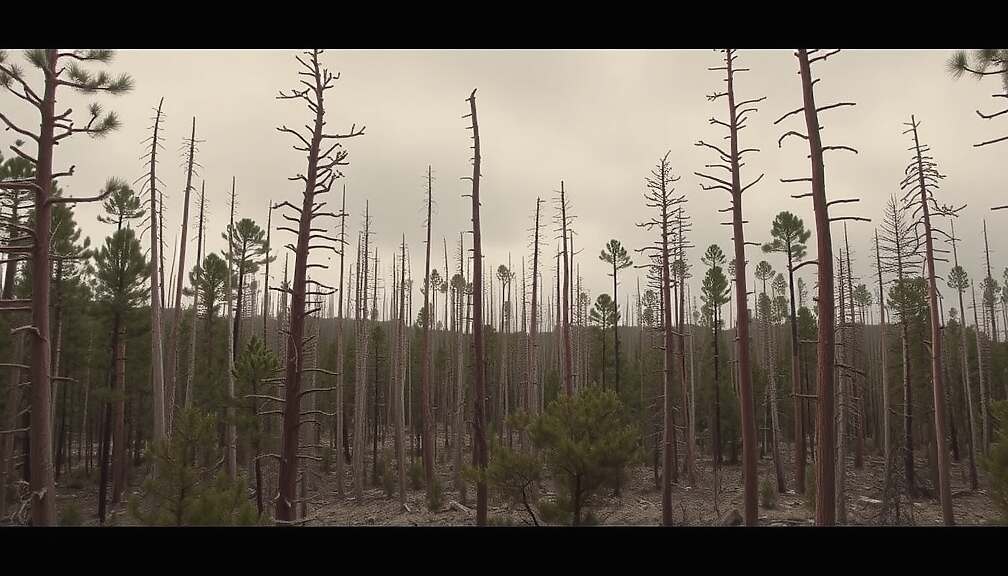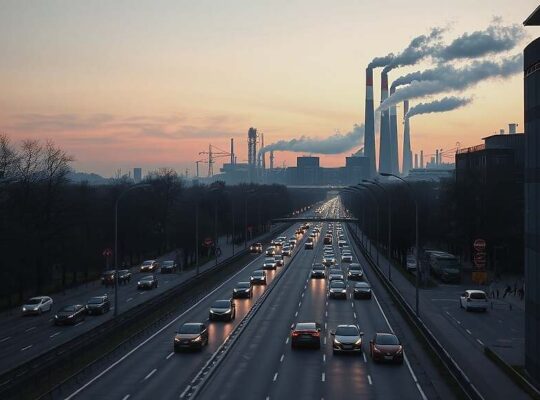A long-standing pine forest in Hartheim am Rhein has suffered substantial and potentially irreversible damage due to prolonged periods of heat and drought since 2018, according to a recent study by researchers at the University of Freiburg. The investigation reveals that over 60 percent of the pine trees have died, transforming the forest from a carbon sink into a carbon source.
The study, based on decades of long-term data collected from a research forest continuously monitored by the University of Freiburg, utilized a combination of satellite imagery, climate data and ecological measurements. Findings indicate that while broadleaf trees such as hornbeam and linden are gradually replacing the deceased pines, this natural regeneration is currently insufficient to compensate for the loss of the forest’s carbon storage capacity.
Significant carbon emissions were observed between 2019 and 2023, particularly during periods of intense heat and drought. In 2022, emissions reached a critical level of up to 329 grams per square meter. Scientists caution that widespread occurrences of similar changes could exacerbate the ongoing climate crisis. The research underscores a concerning shift in forest ecosystems and highlights the urgent need for strategies to mitigate the impacts of climate change on vulnerable landscapes.












